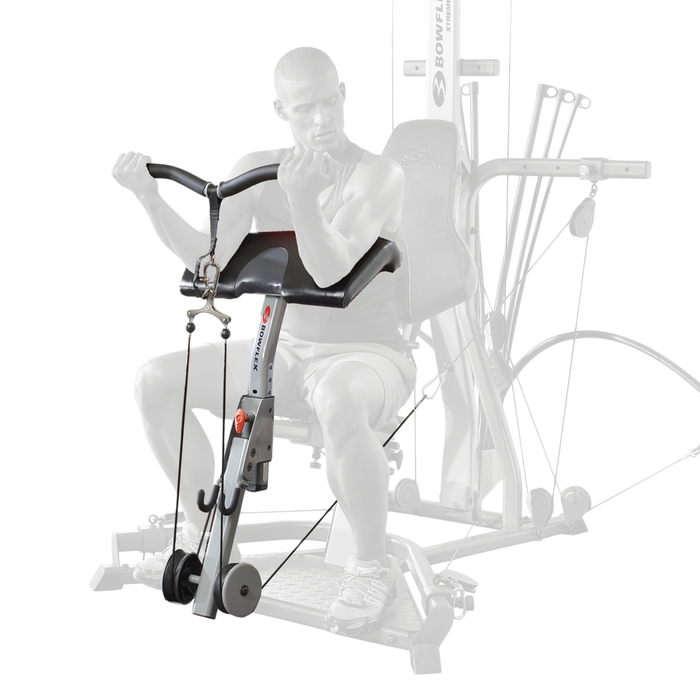Building Mental Strength Through Exercise

Finding perseverance through the hard times can be difficult, but it turns out, working out may be able to help.
The benefits of exercise go beyond physical fitness and strength, and we may not realize the impact daily movement can have on building our mental strength – something we could all use a little more of these days.
While mind-body exercises like yoga promote a focus on mindfulness techniques, the mental benefits of exercise can extend to all types of physical activity.
This is because of three neurological responses: Serotonin, Endorphins and Dopamine.
- Serotonin is sometimes referred to as the joy chemical because it plays an important role in a range of vital brain functions, including maintaining mood balance. A joint study by Leiden University in the Netherlands and the University of Kassel in Germany showed that the amount of serotonin increases the more you exercise and the production of serotonin can stay raised for days afterward. Because of this, scientists recommend regular exercise as a way to help us feel more positive and generally more oriented toward happiness. While we will still struggle through seasons of life, having a more positive outlook can help us feel more resilient in the moment – and working out is a great way to build a more positive mental framework.
- Endorphins help relieve pain and are the chemicals in our brains that spark feelings of pleasure. Since strenuous exercise can trigger the release of these chemicals, working out when you feel mentally stressed is a great way to promote feeling calmer and more relaxed. In this way, exercise can work as a mental coping mechanism when encountering the stressors of life in addition to empowering us to climb those metaphorical mountains because we are approaching them from a calmer state of mind.
- Dopamine helps control communication in the brain related to reward and pleasure, by helping us recognize reward and take action toward it. The same study showed that regular aerobic exercise may increase the levels of dopamine in the brain, which helps active children focus better in class for example. Over time, regular exercise can remodel the reward system in our brain and lead to a higher circulation of dopamine.
Regular exercise is important for both physical and mental strength, because it can help stimulate parts of our brains that release feel-good chemicals – even when life is rough. In addition, working out can help distract or give us an outlet to process those difficult times and can generally improve our sense of well-being and confidence as we achieve new goals.
In the end, it comes down to more than just our neurological responses. Prioritizing self-care in the form of exercise can lead to a “cascade effect” of other healthy habits, including eating nutritiously, effectively connecting with others and getting a good night's sleep. Combined, these effects can help build the mental strength needed to navigate the twists and turns of life. After all, when we feel holistically well, persevering through the hard times feels a lot more manageable.
You may also like
Fit Tip: Top 4 Specific Workout Goals




























